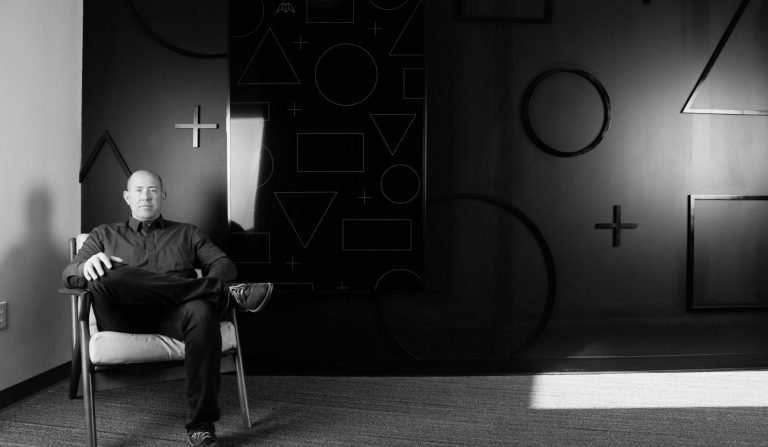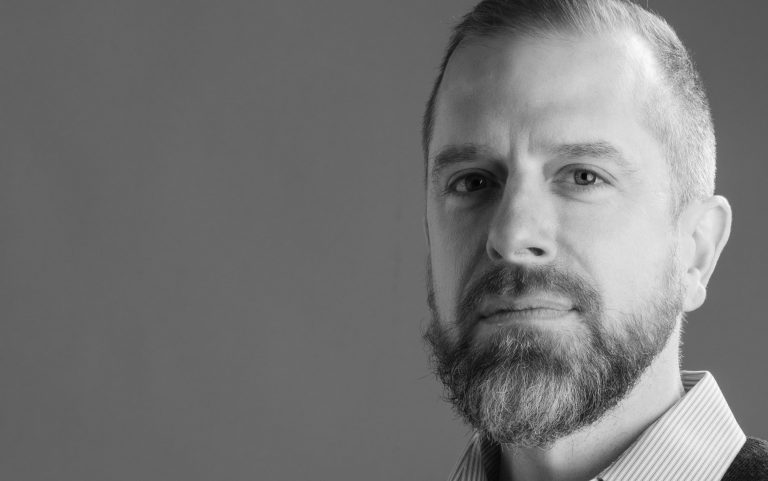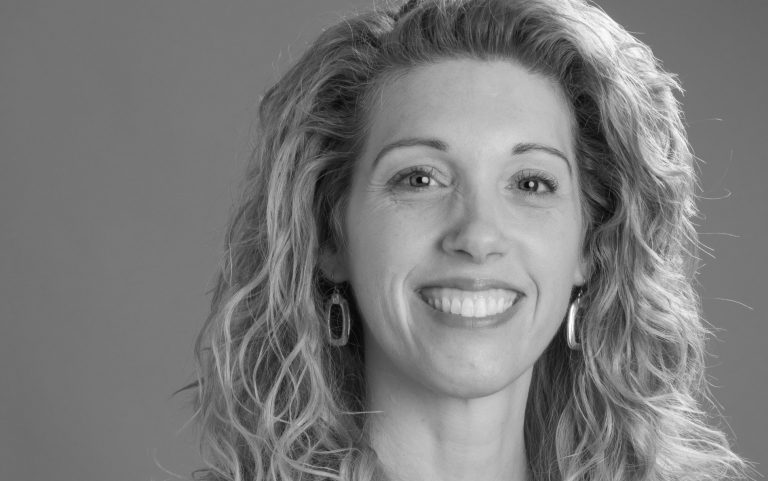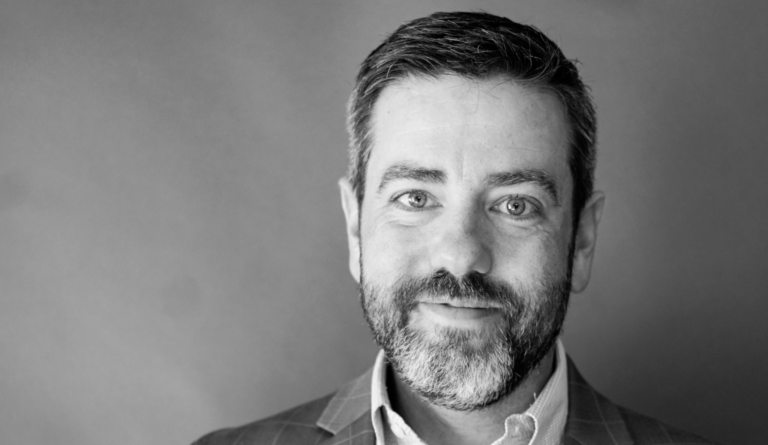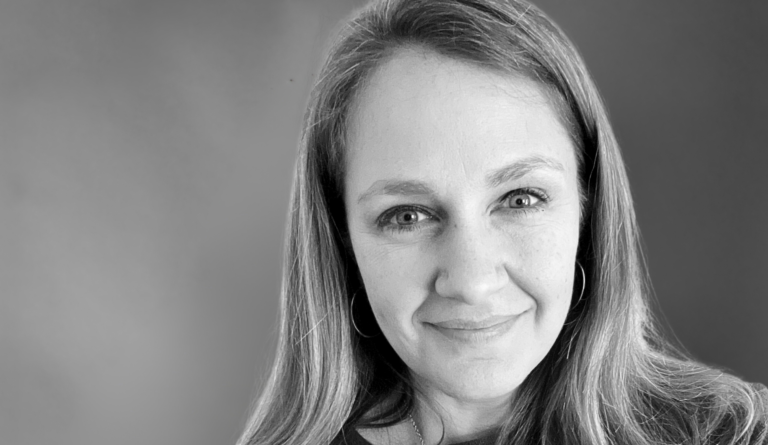Paula Haffley is a Physician’s Assistant at Clarian Bariatrics. She writes about patients who come to her after their bariatric surgery to complain about hard masses showing up on their bodies that didn’t used to be there. They typically are very worried about their health. Cancer? Deformity?
Paula then explains to them that what they are feeling is a clavicle, or a sternum, or a patella. The patients have lived for so long with these anatomical landmarks covered in layers of flesh that they forgot about them.
Likewise, organizational changes can surprise us by surfacing emotions that we had forgotten were even there.
Do you remember what it felt like showing up for work on the first day of a new job? Perhaps a sense of adventure? Maybe disorientation, incompetence, or a compulsion to prove your value to your co-workers? For some of us, that day was so long ago that we’ve forgotten what it feels like. It is buried beneath layers of new, more recent memories on the job.
Disruptive change can surface those emotions that have been buried for a long time, so long ago that it feels alien to experience them again. For individuals adapting to a new way of working, it feels just like coming to work the first day, but without any advanced warning. Individuals lose their sense of competence (which they’ve spent a long time building) and grow frustrated by their inability to do even simple tasks in a new way. Understandably, they blame “the change” (or those who have imposed it on them), and resist entering a new and surprisingly confusing and painful world.
What can leaders do to help their teams navigate smoothly through the disruption of organizational change?
Paula alleviates some of her patients’ anxiety by explaining what is really going on under the surface. Leaders can do the same during times of change. By helping individuals understand their own reactions to change, leaders provide a valuable perspective that helps to modulate the intensity of the reactions themselves.
Some practical suggestions:
Let individuals grieve their losses. When people know that it is natural, even necessary, to go through a painful process of letting go of the past, it is easier to let go.
Clarify the choices. When in the midst of a change, often individuals feel pulled in two directions—the comfortable past and the uncomfortable future. Pointing out the differences between past and future– and the reasons to keep moving towards the future– helps individuals make a conscious choice to move forward. Without clarity on the choices, we tend to unconsciously slip towards comfort.
Celebrate the successes. It feels uncomfortable for most people to give up their old ways to adopt new ways. When individuals step forward, leaders should acknowledge it. When they step forward and achieve something excellent, leaders should celebrate it. This reinforces the behavior and encourages forward progress.


